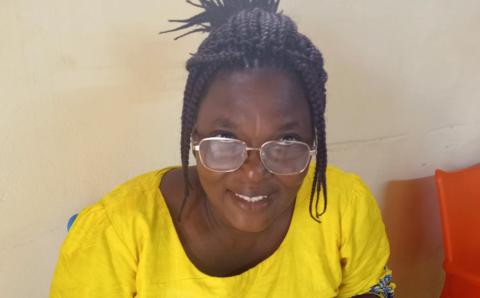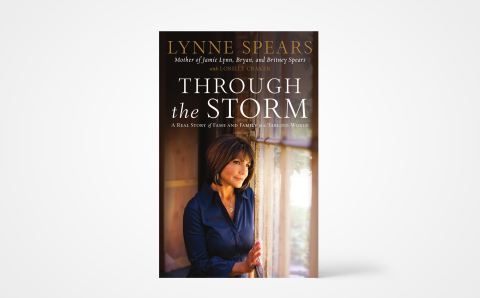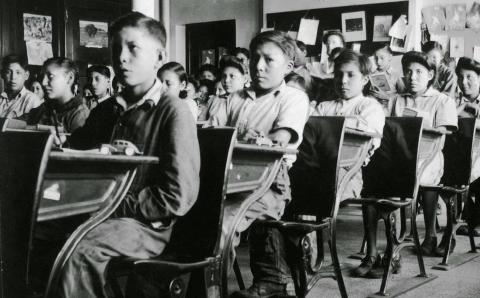As a boomer (born between 1946 and 1964), perhaps I’m a lost cause when it comes to changing my bad habits online, but what about our kids and grandkids? Is there anything we can do?
First off, you’re not a lost cause. You learned to treat the tabloids screaming at you from the racks in the grocery checkout line as gossip and half-truths, and you can do the same for social media.
But our kids and grandkids? Let’s give them a head start.
Automobiles went into production in the late 1800s, but it took more than 30 years before we had laws requiring training for new drivers. Until then, what we now call driver’s education was done by salespeople, family and friends, and organizations such as the YMCA.
When it comes to social media, I think we’re in the same in-between time. We bought the car but don’t know exactly how all the parts work. We’ve not yet learned the rules of the road to keep ourselves and others safe. And we certainly don’t know how to turn the thing off.
Requiring a license to travel the winding—and sometimes dark—roads of the internet might be tough to pull off, but a short course on media literacy at home and in schools could go a long way.
According to the Center for Media Literacy (medialit.org), media literacy is defined as “the ability to access, analyze, evaluate and create media in a variety of forms.” Media literacy resources abound and include tools to find out who is behind the message, how different people might experience the same message differently, what values are embedded in the message, and reminders that most media messages are set up to make money or gain power.
Once we know what’s behind the message, all of us, at any age, can use the internet to take us where we want to go—and no further.
About the Author
Dean Heetderks is co-director of Ministry Support Services of the CRC and art director of The Banner. Wondering about any part of the digital side of your life? Tell him about it at dean.heetderks@gmail.com









